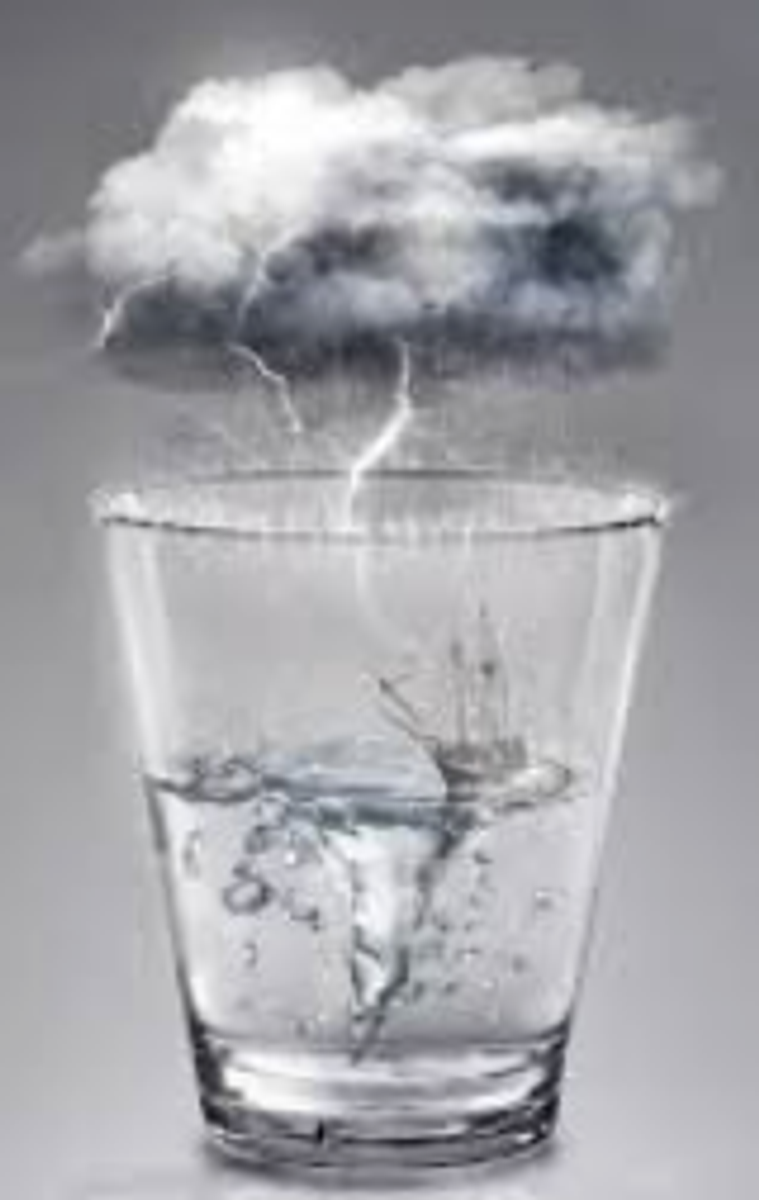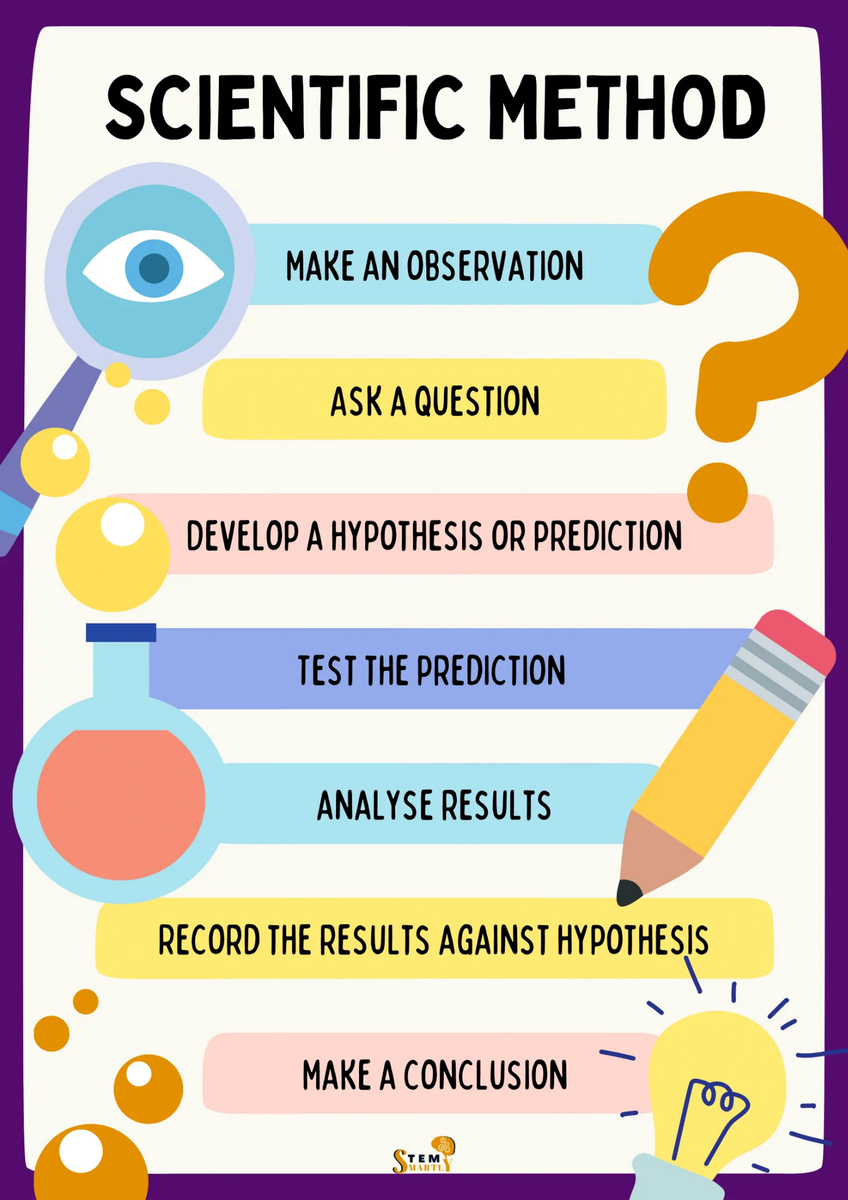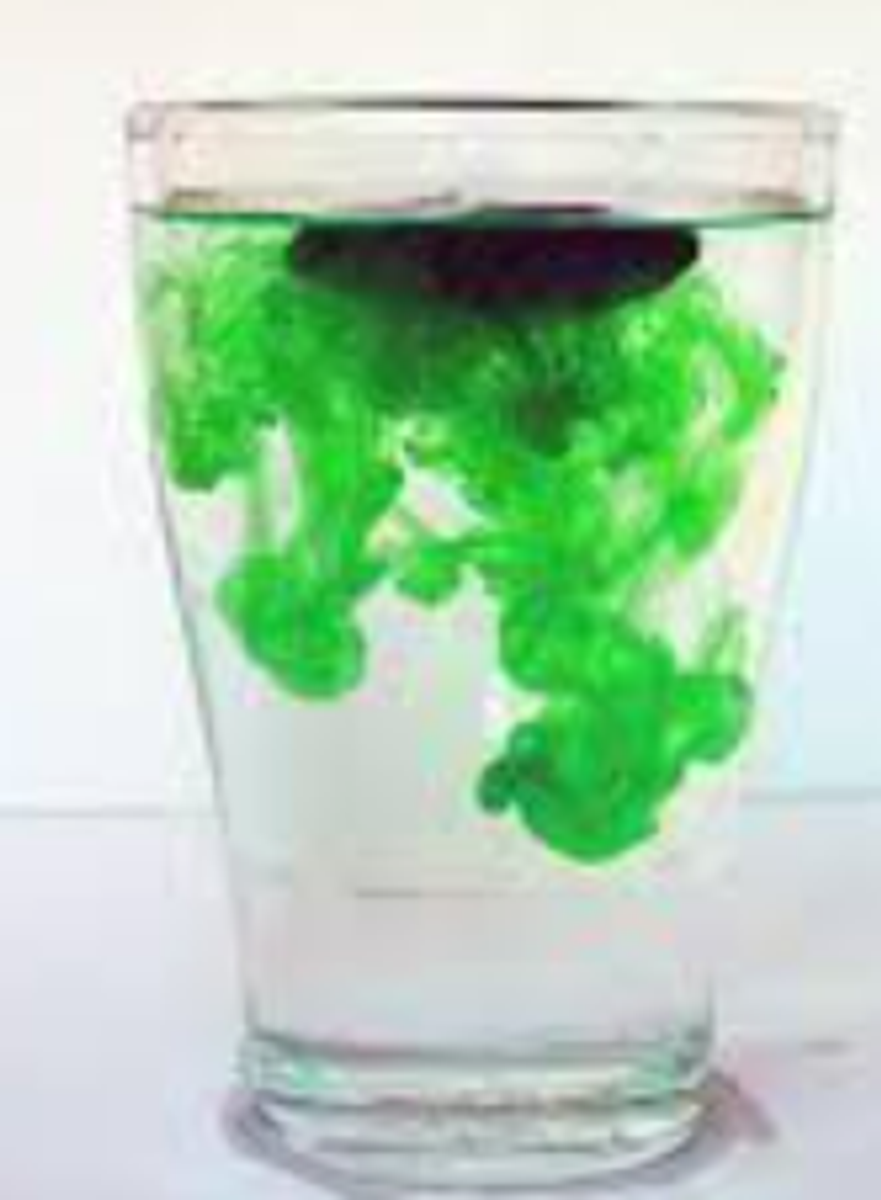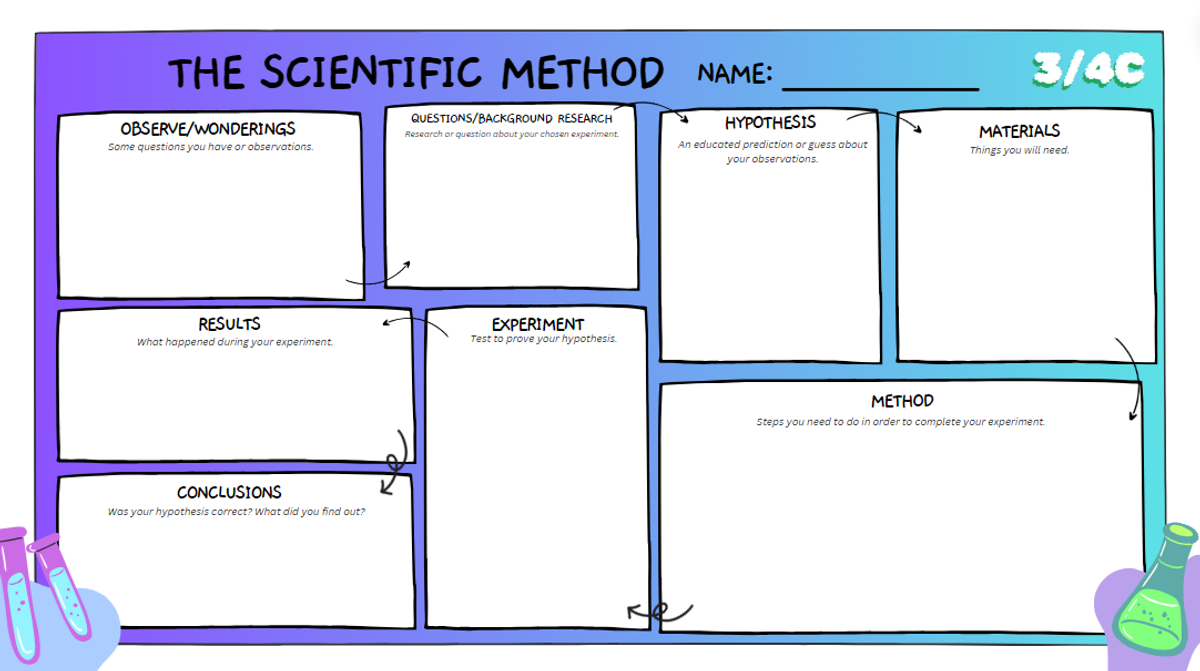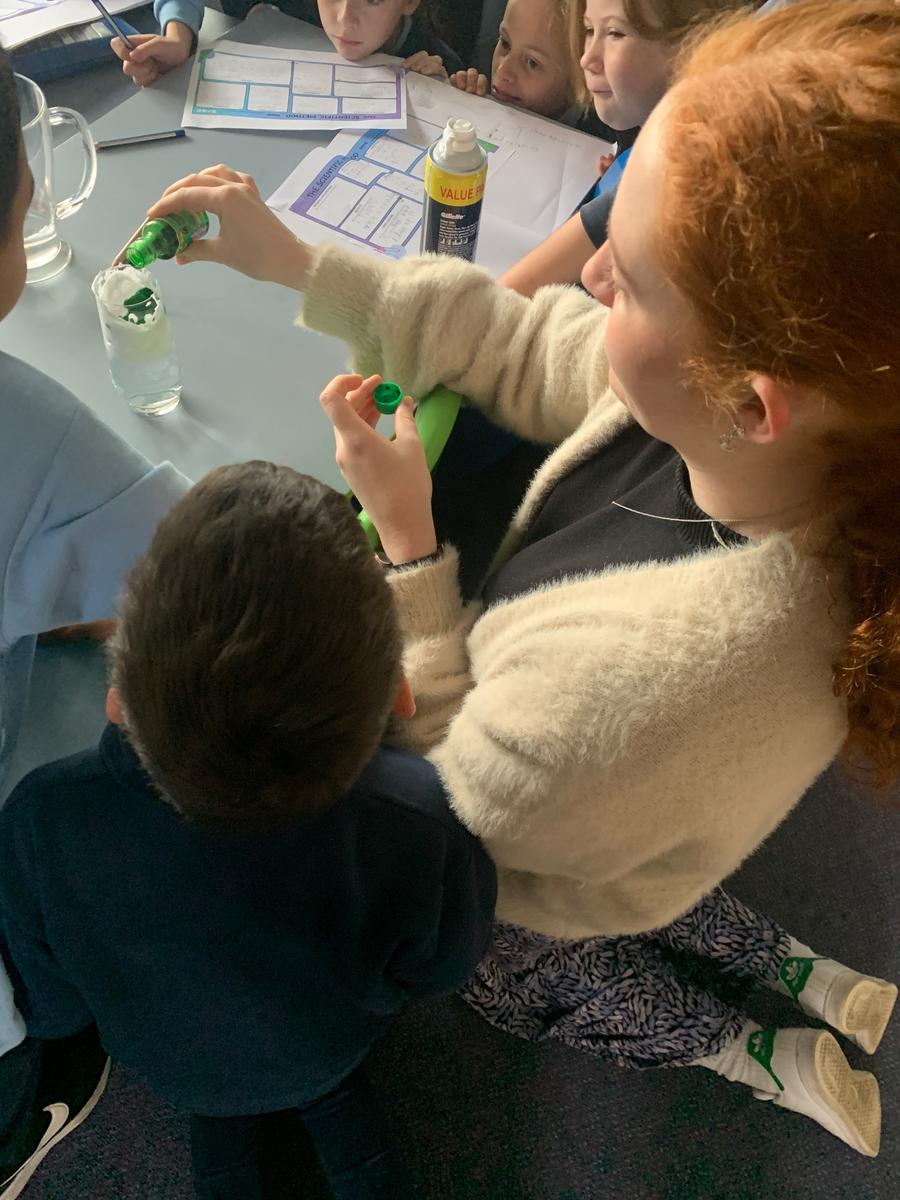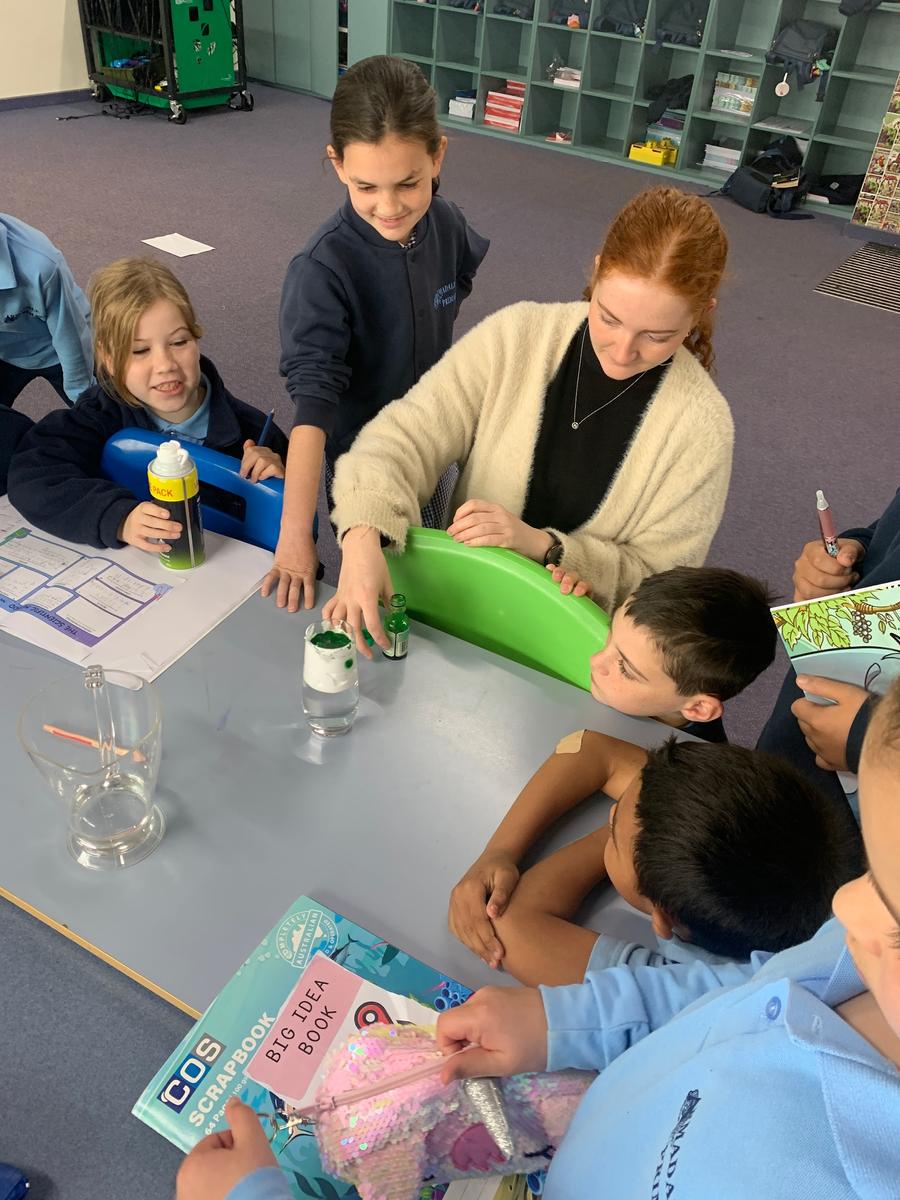Year 3/4 Bulletin
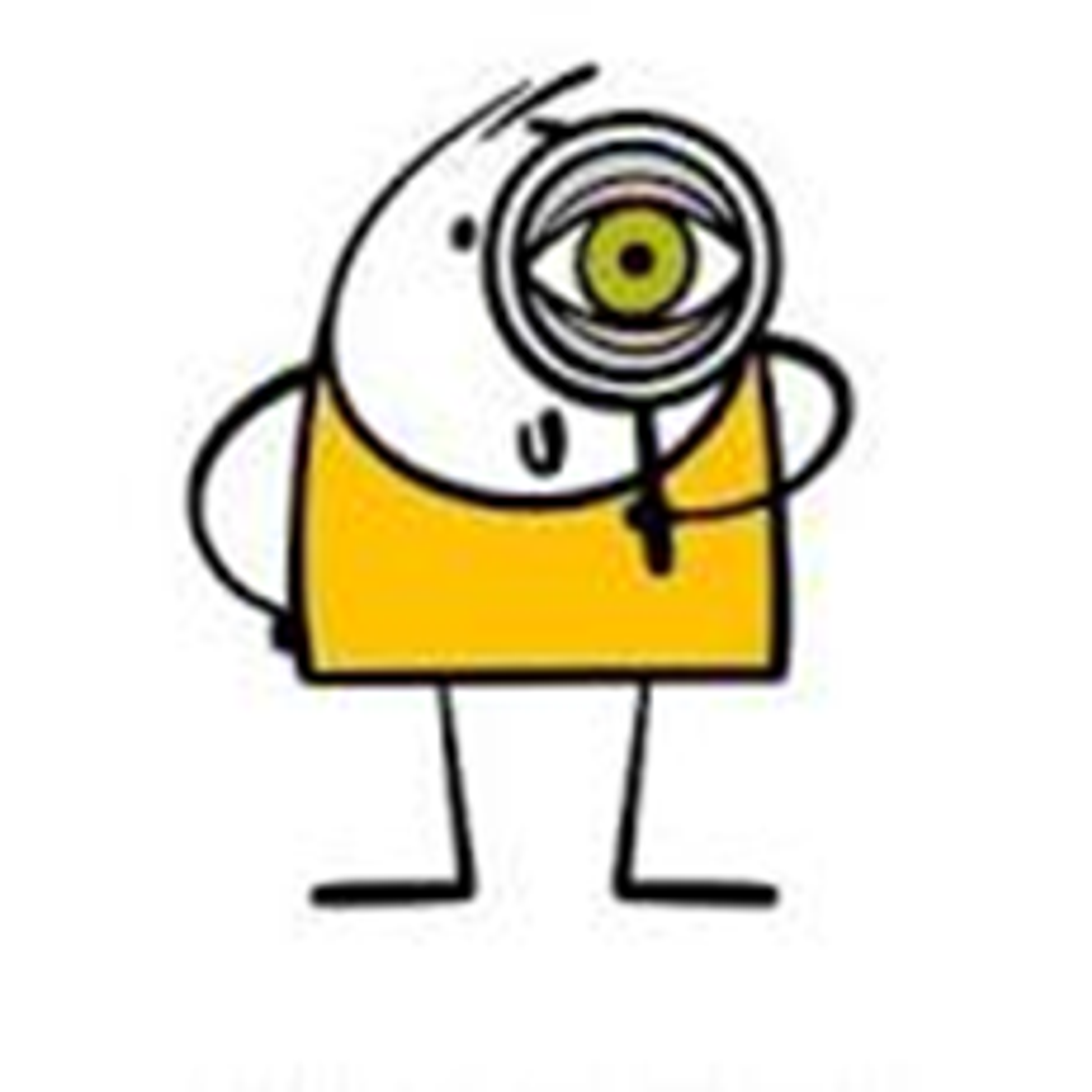
Educational Research Projects
Personalised learning is achieved through Education Research Projects (ERP). ERP’s link directly to what students are learning in class. The students choose a project following conferences held with the teacher and then complete a project proposal which sets out timelines, interests and specific goals the student is working towards, and how they will present their project. The project aims to authentically integrate the curriculum where subject areas are contextualised and personalised for each student.
Our Big Idea: Science is a human endeavour that helps us understand the natural world
Driving Questions:
- How do scientists investigate and solve problems in our world?
- Why is science important in our daily lives?
- What are some significant scientific discoveries, and how have they impacted society?
- How do scientists from different fields work together to solve complex problems?
Task
Focusing on the structure of a ‘scientific report’ or ‘lab report’, current ERP lessons have had a Writing focus combined with our Science focus. We have been developing students’ understanding of the Scientific Method. Conducting experiments as a whole class has afforded students the opportunity to observe, predict/hypothesise, test, analyse, and then come to a conclusion. This has been done over the last week in the form of two experiments;
- Which conditions will make ice melt fastest?
- ‘Storm in a cup’ shaving foam mixed with water and food colouring
After completing the first experiment, students took part in a shared writing lesson. This is when students are part of the writing process, and come together with the teacher as a facilitator for the conversation, and create their own shared writing piece. This week’s class was a lab report, to allow ownership over future experiments. 3/4C’s looked like this;
Students worked together to create their own template, including the information provided underneath each subheading. A class conversation was then held, discussing what should go in each box and where. As well as this, determining the explanation of each part of the scientific method.
Whole:
This unpacks the learning intention with the children, highlights the focus of the lesson, and unpacks a specific skill that students will be learning.
Small:
Students work independently during this time. Throughout the session, students are pulled out to conference with the teacher, and assess where they are at in their ongoing learning or research projects. Opportunities to check in and pose questions are also offered during this time. Clinic Groups also take place during this time. This is an opportunity for students to teach others in areas they feel confident in. Students are not required to attend Clinic Groups, however the offering is present.
Whole:
Either at the conclusion of the session or throughout, students’ learning is highlighted through the use of a summary or a check-in. We return to the learning intention and highlight examples of students’ demonstrating their learning. The focus children are also checked in with, and offered an opportunity to share their findings and unpack their next steps.
Clinic groups
Clinic Groups are small pre-planned teaching groups where children’s learning is revised, supported or extended. These are visible on the Communication Board. Clinic·groups create opportunities to include all these aspects into the teaching and learning environment. They are small group learning experiences where teachers and others can scaffold, revise, extend and support students in focusing on a specific skill or interest. Some clinic groups are based upon student interests; some are based on literacy and numeracy instruction; some are based on other specific skills or concepts the teacher requires the students to learn. Some clinic groups are compulsory (as set by the teacher) and others are optional. The aim is for the clinic groups to be conducted by a variety of people such as teachers, students, other staff, parents and community members.
Allira, Richard and Roula
Year 3/4 Team
Allira.Zeneli@education.vic.gov.au

